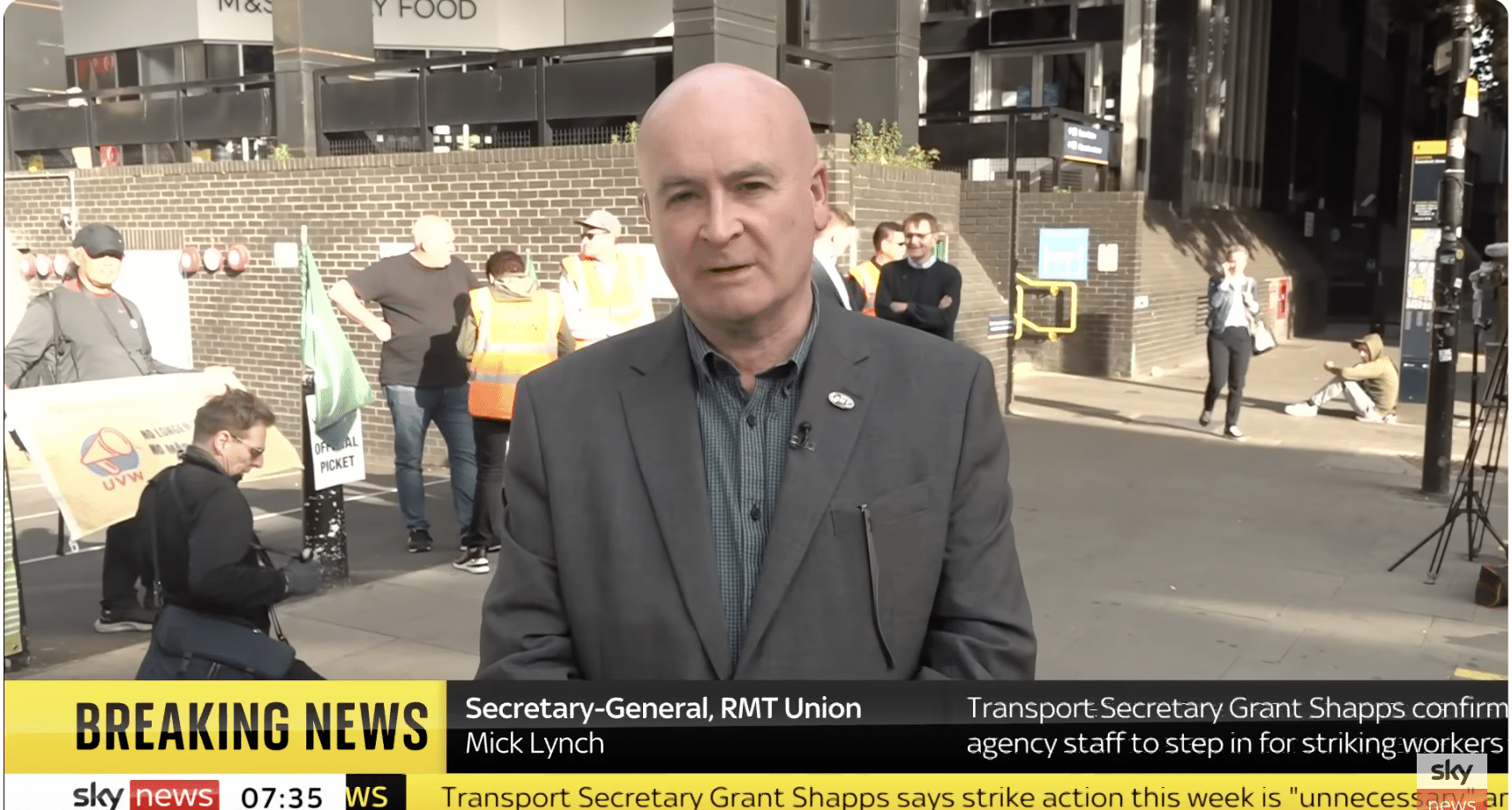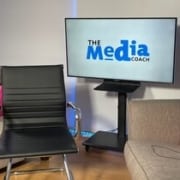The Many Types of Media Interviews, and How Training Helps
The curse of knowledge means that while every press officer understands the different types of interviews and the risks or lack of risk attached to each, a surprising number of spokespeople are much less clear. My experience is a little clarity on this goes a long way.
Here is my list of the different roles an interviewee plays and how Media Training can help reduce both risk and stress as well as increase the effectiveness of any media interaction.
The Players
These are the interviewees who are in charge in some way. The CEO, the Director General, anyone on the senior leadership team, one could include government ministers or union leaders. For journalists, securing interviews with these people is a very valuable prize. These leaders tend to come out rarely and only when there is something they want to talk about. For the interviewee, these are the highest risk media interviews, as journalists feel they have to fulfil their role of holding these people to account.

RMT Leader Mick Lynch: If you are the boss the questions will always be challenging
Why Media Training?
Most players will have had basic media training earlier in their careers. They will also be well supported by PR professionals. The role of Media Training here is usually very specific to an announcement or event. As trainers, we will be role-playing the interviews as realistically as we can, be involved with the analysis of where the messaging works or doesn’t, and help identify the tough questions.
The Experts
Expert interviewees are for me the other end of the continuum from the players. Experts are usually free to share their opinions about their subject without any risk. What’s more, it is in the journalist’s interest to help the expert look good. They will never ask an expert the same question five times. You might think there was little need for Media Training but in fact, we teach dozens of experts a year how to be a good media commentator in press, web or broadcast interviews.
Why Expert Media Training?
Experts suffer greatly from the curse of knowledge. They will be prone to using technical language. Media Training can quickly teach people how to organise their insight so it can be easily understood in 3 minutes on BBC Radio Five Live or Sky Breakfast show.
Market Commentators
For me, as a former financial journalist, market commentators are an important subset of expert interviewees. There is a huge daily need for people who can comment, mostly on television, about the markets. It can be the trends of the day or a discussion of particular stocks or sectors. Bloomberg, CNBC, Reuters, Asset TV and others will all be booking multiple experts a day. Being a good market commentator can enhance your career, even get you headhunted. TV face time might be part of your salary negotiations. At first glance the risks are slim but actually, there are plenty of rules around financial reporting and misspeaking can on occasion ‘move the market’.

Being a good market commentator can enhance your career, even get you headhunted
Why Market Commentator Media Training?
Here again, we tend to only be involved once to explain what the producers and bookers are looking for, how to handle questions that you don’t know the answer to and above all how to keep things interesting. I regularly hear market commentators whom I trained once or twice five or ten years ago. Once launched these experts are likely to find media appearances just part of the day job.
Profile interviews
Profile interviews are often considered by PRs as low risk. They tend to be friendly, and the interviewee is mostly talking about themselves. However, I am always keen to urge caution and preparation for these occasions.
Why Profile Interview Media Training?
A few role-play interviews with playback and feedback will quickly uncover things that might be misinterpreted, things that might be used by opponents or simply that need better explanation. If you are hoping for high office later in life, I think you need to give serious thought to the stories you want to tell about yourself, and media training is the fastest way to do that.
Crisis Interviews
There is a whole subset of media training that deals with crisis preparedness and crisis management. Basically, any organisation needs at least three trained spokespeople who can stand in front of the cameras in the event of a crisis. One is simply not enough. Crises can relate to fraud or wrongdoing, data loss, fires or other disasters. But all PRs know you need to ‘get out early’ and put a face to an organisations concern and response. Getting out early does not usually allow time for training, so those three spokespeople need to be trained in advance. The interviews are likely to be relatively simple but emotionally demanding and getting the tone right is essential.
Crisis Preparedness: The Role of Media Training
The role of Media Training here is simple. We can give the spokespeople some very clear dos and don’ts and get them used to the process of being questioned. Here again, it is a relatively small investment in time and money that can save huge stress and even reputations if things do, one day, go badly wrong.
Lived Experience
As a team, we have coached dozens of people who have ‘lived experience’ of some important issues from diabetes to adoption. I trained a man dying of lung cancer who had been signed up to explain the perils of smoking. I trained another whose daughter died of carbon monoxide poisoning as a student; he asked me to help him work out how to tell the story without breaking down. These are all people who become interviewees for a cause they believed in but still needed support to be able to tell a compelling story quickly and clearly.
Lived Experience Media Training
The role of Media Training here is very much coaching, helping people to say what they want to say. They may also be asked questions that they are not equipped to answer, and knowing how to handle these builds confidence.
Witness
Finally, there is a category of media interviewees that need no training: eyewitnesses. If you are a witness to something newsworthy and a journalist wants your account, you will need no training to simply say what you saw.
What did I miss?
If you think you or your team might benefit from our bespoke Media Training ring us on 020 7099 2212 or email enquiries@themediacoach.co.uk to set up a scoping call.
Images:
Still image from YouTube
Composite created by The Media Coach
- A Behind-the-Scenes TV Cheat… and Why It Works - November 26, 2025
- What Should I Do With My Hands? - November 19, 2025
- A Jar of Marbles and the Power of a Simple Story - November 12, 2025




Leave a Reply
Want to join the discussion?Feel free to contribute!